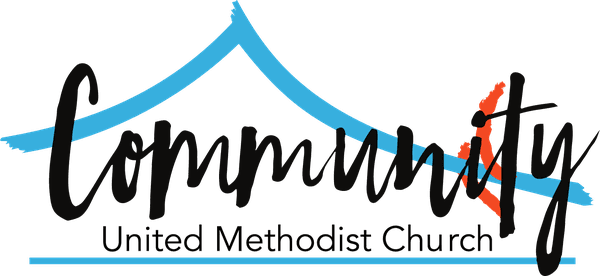Schizophrenia
Affecting about one percent of the population, schizophrenia is among the most severe, complex, and debilitating of mental health problems. Symptoms include voices, visions, psychosis, and paranoia. These symptoms interfere with the taking of needed medications. Schizophrenia typically onsets between ages 16 to 24. Symptoms include hallucinations (hearing, seeing, or feeling things) and delusions (false beliefs, such as persecution or grandeur). Inappropriate expressions or responses, such as laughter or facial expressions which do not match the words or the situation, may occur. There might be a flat affect with monotone, no facial expression, or simply a stare. There may be disordered thinking with distracted or jumping thought.
Of the one in a hundred people who live with schizophrenia, many often think, feel, and act normally. Stress increases the likelihood of symptoms. 60% can with medication lead productive lives. Early diagnosis and proper and faithful medication are keys to wellness.
Community education about symptoms to allow for early interventions is needed. Many who live with schizophrenia often end up as victims, abused, incarcerated, and/or homeless. Cognitive Behavioral Social Skills Training is a promising new approach to increase function, improve negative symptoms, and allow lower doses of anti-psychotic medication.
See more information and resources here, including our bi-weekly confidential support group here at Community UMC:
Mental Health Matters - Matthews Hands
by Angela D. Vickers, JD


